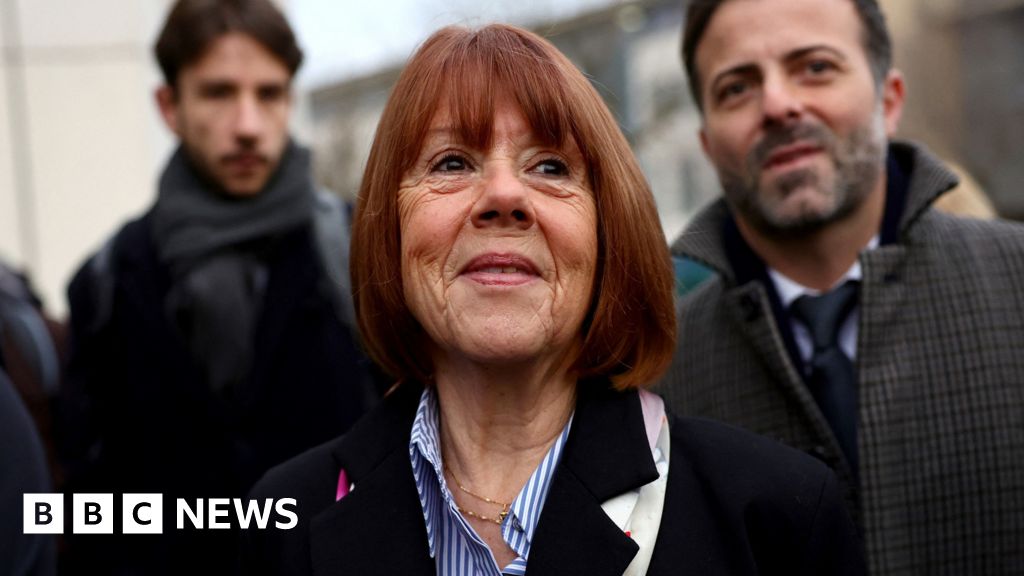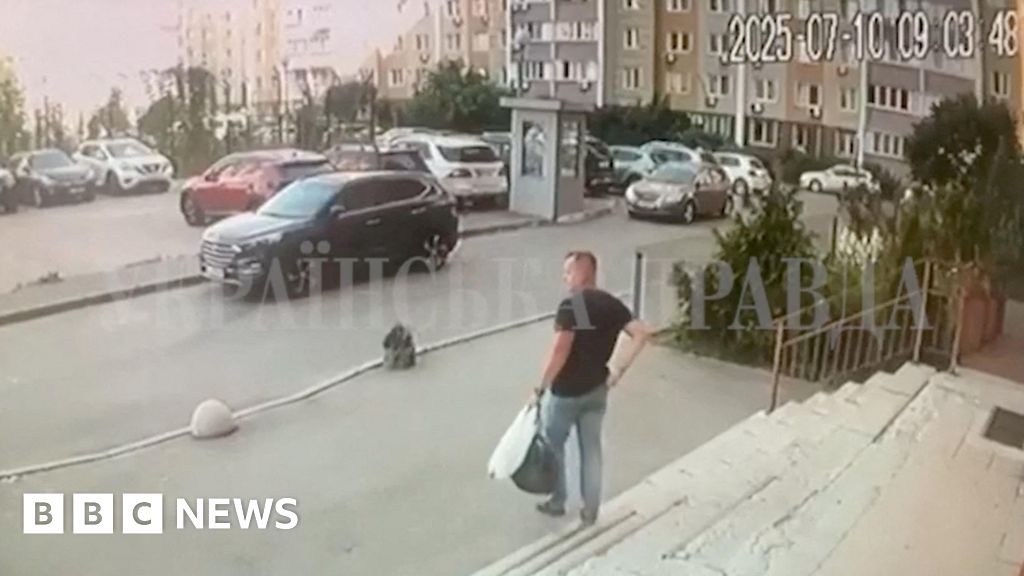ARTICLE AD BOX
The Senate is set to take up a White House-requested $9.4 billion spending-cut package in the coming days, but Republicans may need to pare it back to secure enough votes for passage.
The House narrowly passed the full rescissions package last month. Any Senate changes would necessitate another House vote, providing a time crunch as Congress must clear the spending-cut measure by July 18, or the administration will be forced to spend the money.
The $9.4 billion package of cuts to foreign aid and public broadcasting is the first effort to codify savings identified by the Department of Government Efficiency, or DOGE.
The main pain point for holdout GOP senators is the $1.1 billion cut to the Corporation for Public Broadcasting, which would effectively end taxpayer funding for NPR and PBS.
Several Republicans are seeking carve-outs that would protect funding for local affiliates, particularly in rural areas where there are no other media broadcasters.
That could create issues with President Trump, who has threatened to withhold political support for any Republican who is unwilling to defund the Corporation for Public Broadcasting (CPB).
“Any Republican that votes to allow this monstrosity to continue broadcasting will not have my support or Endorsement,” Mr. Trump said on social media.
He said PBS and NPR are politically biased against Republicans, calling the broadcasters worse than CNN and MSNBC put together.
While Senate Republicans generally agree on cutting funding to the national outlets, several worry about the impact that the $1.1 billion CPB funding cut would have on local affiliates.
“There’s a lot of what the Corporation for Broadcasting does that I support,” said Senate Appropriations Chair Susan Collins, Maine Republican. “Local stations maintain the emergency alert systems, they do local programming, such as in Maine, [where] there’s a very popular high school quiz show.”
Sens. Lisa Murkowski and Dan Sullivan, Alaska Republicans, have said they are working with other senators on an amendment to protect public broadcast funding for rural outlets.
“It’s still under consideration in terms of how it’s going to be designed,” Ms. Murkowski said Thursday.
Sen. Mike Rounds, South Dakota Republican, said he is worried about nine tribal radio stations in his state that receive about $1 million each from CPB.
“This is 90% of their funding, these rural radio stations that provide emergency services and so forth, year round,” he said. “They don’t survive without this funding. And there was nobody mad at them. Nobody was seeing politicization of their message or anything like that. They just got caught up in the crossfire.”
Mr. Rounds said he will not vote to advance the package without assurances that those nine South Dakota stations will continue to receive funding.
While the proposed $1.1 billion cut to CPB has drawn the most pushback from Republicans, a few also have concerns about some of the $8.3 billion in proposed cuts to foreign-aid accounts.
Ms. Collins, for example, is planning to offer amendments to protect funding for global health programs for AIDS prevention and child maternal health.
Sen. Mitch McConnell, Kentucky Republican, said at a hearing on the rescissions package last month that while “there’s plenty of absolute nonsense masquerading as American aid that shouldn’t receive another bit of taxpayer funding,” the Trump administration’s efforts to root out that waste “has been unnecessarily chaotic.”
“Responsible investments in soft power prevent conflict, preserve American influence, and save countless lives at the same time for pennies on the dollar,” he said, warning that aggressive cuts could create vacuums for adversaries like China to fill.
The rescissions process allows Republicans to pass the spending cuts with a simple majority vote, which means they can lose up to three GOP votes and still pass the package with Vice President J.D. Vance available to break a tie.
“We’re going to work with members to try to address their concerns,” said Sen. Eric Schmitt, who is leading the package.
The Missouri Republican called it “a little premature” when asked if carveouts will need to be added to ensure the package can pass.
“I think a better understanding of what the rescissions package is all about is probably the first step,” Mr. Schmitt said.
White House Office of Management and Budget Director Russell Vought is scheduled to visit with senators on Capitol Hill Tuesday to answer any additional questions they have about the rescissions package. A first procedural Senate vote on the package is also expected that day.
“We think it’s a very important step for Congress to show that they are willing to pass the DOGE cuts,” Mr. Vought told reporters Friday. “Is Congress serious about passing and making the DOGE cuts permanent, or are we going to have to continue to use our executive tools on that?”
DOGE has said it has found an estimated $190 billion worth of savings. If Congress clears the $9.4 billion rescissions package, that would only codify 5% of those savings.
Despite the cost-cutting effort, the Congressional Budget Office recently estimated that federal spending, as measured by outlays, was $144 billion higher in the first half of 2025 compared to the same time period in 2024.
“These numbers cause one to wonder if DOGE was merely a distraction rather than an effective focus on cutting this year’s deficit,” said Maya MacGuineas, president of the nonpartisan Committee for a Responsible Federal Budget.
The White House is prepared to ask Congress to codify more DOGE cuts if they can pass the $9.4 billion test package.
“We have other rescission packages that we will send if we have a good vote, and that will continue,” Mr. Vought said.
If Congress does not approve a rescissions request within 45 days, the administration is obligated to spend the funding.
Mr. Vought has previously suggested he may wait until the end of the fiscal year to submit rescissions requests so that deadline never materializes, providing a loophole in which the administration can argue it does not have to spend the money. Some lawmakers argue this tactic, known as “pocket rescissions,” is illegal.

 1 day ago
17
1 day ago
17








 English (US) ·
English (US) ·